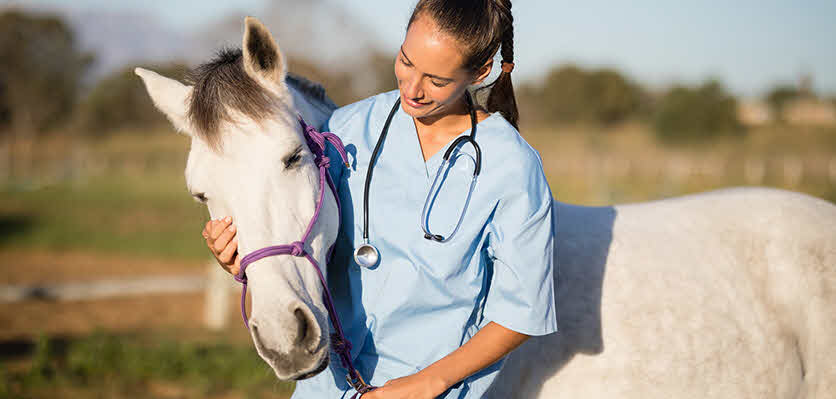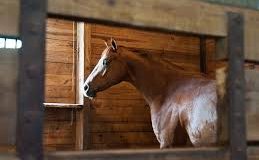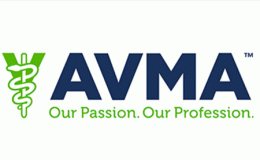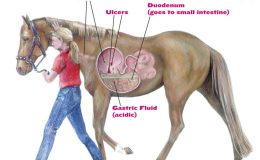Horse Vet Services: News Roundup (2017)
- By : Ruben Matthews
- Category : Practices and Methods

Horse vets give medical care to horses. They vaccinate, diagnose illnesses, treat illnesses and perform operations on equine patients. Usually, horse vets visit horses at the ranches and farms where they live, as most people definitely don’t take these large animals into local veterinary clinics! Today, we want to share some current news (fall 2017) about horse vets and horse vet medicine. Our news roundup will help you to see what’s topical in the horse vet industry.
If you need to hire a horse vet, look for someone with the right license (Doctor of Veterinary Medicine), who gets strong and positive reviews from horse owners.
Are Gait Assessments Too Vague?
In September of this year, a group of researchers from different nations, including experts from London’s RVC (Royal Veterinary College), announced to the public that vets should take more care when performing assessments of the gaits of horses. The team of researchers believe that there should be more distinct discrimination between lameness and asymmetry.
In the opinion of this team, lameness and asymmetry are not terms that should be used interchangeably. These days, analysis of gait is more technologically-advanced then ever before and errors in analysis gait information may lead to implications that horses are not fit to perform. Information about this new recommendation was published via The Equine Veterinary Journal.
Demand for Rural Vets is Going Up
The America federal government has a program in place, called the VMLRP (Veterinary Medicine Loan Repayment Program), which is designed to make it easier for vets to begin work in rural areas, where the demand for their services is currently very high. Under the rules of the program, participants may get up to seventy-five thousand dollars over the course of 3-year contracts (which place them as rural vets in areas that are designated as in need via U.S. Deparment of Agriculture guidelines).
The money may be applied to vet medicine loan repayment. This incentive program makes working in rural areas more appealing to vets.
New Equine Research Grants Awarded
In November, BI (Boehringer Ingelheim) chose to fund a trio of research proposals, via its established research award program (2017 Advancement in Equine Research). Over the past six years, BI has donated close to half a million dollars in order to improve knowledge about infectious diseases in horses. The research helps to identify innovative treatments, as well as effective methods of prevention.
How to Learn More
Please bookmark our website in order to stay abreast of the newest news developments for horse vets and horse medicine.



No Comments